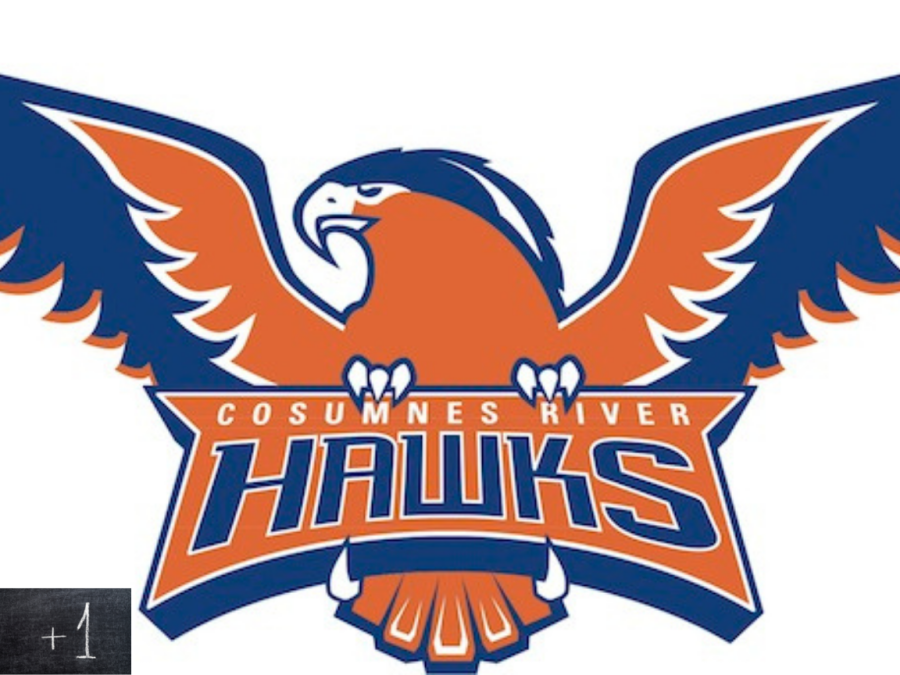Extra eligibility year grants athletes with a great opportunity
Canva photo created by Asyah Zamani
The CCCAA has given student-athletes the opportunity to stay at the junior college level with an extra year of eligibility. The Connection reached out to different athletes and a coach to discuss the significance of the extra year.
With the California Community College Athletic Association allowing student-athletes to “restore” their lost season due to the pandemic and return with an extra eligibility year, many Cosumnes River College Hawks athletes are taking advantage.
The spring 2020 season, as well as this year’s season, did not count for the CCCAA, National Association of Intercollegiate Athletes and National Collegiate Athletic Association Division 3 and Division 2, but it does count for NCAA Division 1, said Dean of Athletics Collin Pregliasco.
Men’s basketball sophomore guard Andre Huddleson said he chose to stick around for an extra year after having a conversation with his dad and realizing the benefits that would come with it.
“It was a conversation with my dad. We looked at it as another year to work out, get stronger, get better, come out with a killer mentality,” Huddleson said. “The scouts love the leadership and the hard work, and having the extra year will help you better produce and have more colleges look at you.”
Huddleson said he came to the decision to continue at CRC rather easily and quickly.
“It wasn’t a hard decision for me to make. I love Coach John so I get a whole other year to work with my team so it really wasn’t a hard decision.”
Women’s Basketball Coach Coral Sage said she is glad to see the extra eligibility year being offered to student-athletes, but pointed out there is a lot to “flush out” and work through.
“We have girls coming back for their third year that are done academically that are trying to find classes to stay eligible to play,” Sage said. “Our freshman this year didn’t play, which means next season they will be a freshman athlete and a sophomore in terms of academics.”
Sage said the extra eligibility year supports the student-athletes, as well as recruiters from colleges at the four-year level.
“They get another year of practice without playing and they get an opportunity for four-year coaches to see them play,” Sage said. “The four-year schools haven’t been able to recruit as well either so it’s good for everyone to get that extra year in.”
Sophomore shortstop Leandra Coronado said she got many looks from four-year colleges but wasn’t getting guaranteed money for the first year, leading to her decision to wear a Hawks uniform for an additional season.
“It’s affected JC (junior college) athletes more because four-year colleges are using the money for their current athletes’ extra eligibility rather than for community college athletes,” Coronado said.
Coronado also said staying at CRC allows her to create a larger sample size for four-year colleges looking for a shortstop and to keep multiple years of eligibility at the D2 and D1 level.
“This is a great idea for a lot of players to stay for another year at JC,” Coronado said. “A lot of people want to go on and play for a four-year, but after this year, I have three years of eligibility at D2 and two more at D1.”

